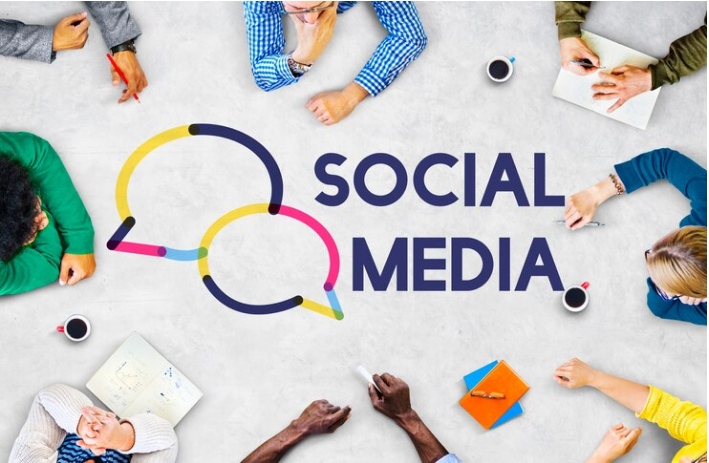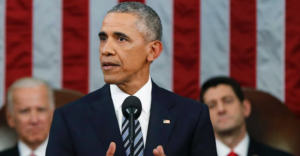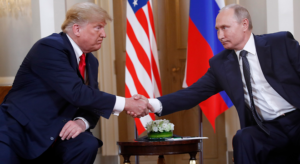The NBC boycott, a significant socio-political movement, has captured the attention of millions. This article delves into the pivotal role that politics plays in driving and sustaining such boycotts.

The Birth of the NBC Boycott
The NBC boycott emerged as a response to perceived biases in the network’s news coverage. A diverse range of voices, including politicians, activists, and everyday citizens, contributed to the movement.
Political Alliances
Political leaders and parties, both local and national, rallied their supporters to join the boycott. The movement became a platform for them to showcase their commitment to certain ideologies and principles.
Partisan Narratives
Media outlets and pundits on both sides of the political spectrum actively promoted the NBC boycott. They framed it as a battle for media fairness and accountability, further polarizing public opinion.
Election Influence
The boycott took place during a crucial election season, amplifying its significance. Political campaigns seized the opportunity to align themselves with the boycott’s objectives, hoping to secure votes.
Media’s Role in Politics
The NBC boycott underscores the significant role media plays in shaping political discourse. Here, we explore how media influences politics and vice versa.
Media Influence on Public Opinion
Media outlets have the power to shape public perception of political issues and figures. The boycott exposed concerns about media’s sway over public opinion.
Political Influence on Media
Politicians and parties often exert pressure on the media to promote their agendas. The NBC boycott served as a reminder of the delicate balance between a free press and political influence.
Activism and Social Media
In the digital age, political activism and social media are inseparable. We examine how the NBC boycott leveraged online platforms to mobilize supporters and garner attention.
Changing Landscape
The NBC boycott has prompted discussions about media responsibility and the need for unbiased reporting in a polarized political climate.
Impacts of the NBC Boycott
The political implications of the NBC boycott are evident in its far-reaching consequences. Here, we analyze the impacts of the boycott on media, politics, and society.
Media Reforms
The boycott prompted a reevaluation of journalistic practices and ethics within NBC. It led to increased transparency and a commitment to balanced reporting.
Political Consequences
The boycott’s effects rippled through the political landscape, with some politicians facing electoral consequences for their association with it.
Societal Divisions
The boycott’s polarizing nature exposed deep societal divisions, challenging the prospects of unity in an increasingly fragmented political environment.
Lessons Learned
The NBC boycott offers valuable lessons for both media organizations and political entities. It highlights the importance of journalistic integrity and the potential consequences of political interference.
Journalistic Integrity
Media outlets must prioritize impartiality and fact-based reporting to maintain public trust.
Balancing Act
Political entities should exercise caution when using boycotts as a political tool, as they can lead to unintended consequences.
Media Ownership and Political Influence
The NBC boycott also shed light on the issue of media ownership and its political influence. The boycott raised questions about whether such ownership can compromise editorial independence and lead to partisan reporting.
Advertising and Revenue Impact
Politics intersected with economics during the NBC boycott. Major advertisers faced pressure from both sides of the political spectrum, making decisions about where to allocate their advertising budgets. This highlighted how economic factors can play a significant role in political movements and media coverage.
International Implications
While primarily a domestic issue, NBC had international implications. Other countries observed the movement and its impact on media, politics, and public discourse, prompting discussions about media freedom and political influence in the global context.
Long-Term Media Reforms
In response to the boycott, NBC and other media organizations implemented long-term reforms to maintain journalistic integrity. These reforms included more rigorous fact-checking, editorial oversight, and diversity in newsrooms to ensure balanced reporting.
Role of Independent Fact-Checkers
Fact-checking organizations gained prominence during the boycott. Their role in verifying information and holding media accountable for accuracy became vital in the era of “fake news” and misinformation.
Legal Ramifications
The NBC boycott also had legal implications. Some individuals and organizations considered pursuing legal action against NBC, arguing that biased reporting harmed their interests. The legal debate raised questions about freedom of the press and the responsibilities of media organizations.
Social Movements and Political Action
The success of NBC inspired other social movements and political actions. People realized the potential impact of grassroots movements, demonstrating the power of collective action in shaping the media landscape.
Media Literacy and Education
As a result of the boycott, media literacy and education programs gained momentum. Schools and institutions began emphasizing the importance of critical thinking and discerning credible sources in the age of digital information.
Conclusion
In conclusion, the NBC boycott stands as a testament to the profound impact of politics on media and vice versa. As the lines between journalism and politics continue to blur, it is crucial for society to remain vigilant, holding both accountable for their roles in shaping our collective consciousness. The NBC serves as a poignant reminder of this delicate relationship, urging us to consider the implications for our democracy and media landscape.














